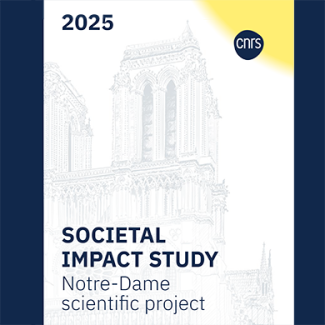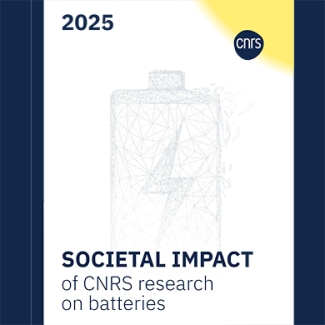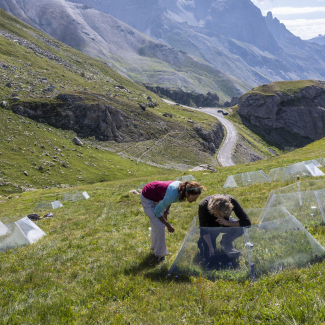The societal impact of research
Understanding and promoting research impact on society.
Beyond scientific discoveries, the research conducted at the CNRS transforms our daily lives, influences public policy, and sustains our culture and economy. The Impact Mission created in 2025 describes and analyses all aspects of societal impact — social, cultural, environmental, health, economic, and political — with a view to enlighten public decision makers and citizen debate, among others.
A methodology
Each study traces the “impact pathway” of research:
- Inputs: resources mobilised
- Outputs : scientific productions
- Intermediaries : actors adopting it
- Impact : effects observed on society
This internationally recognized methodology* combines documentary analyses, quantitative data, and stakeholder interviews. It enables retrospective assessment of earlier research, and prospectively monitors major projects right from their launch.
* Public Agronomic Research Impact Assessment (ASIRPA), developed by INRAE
Emblematic studies
- Scientific effort connected to Notre Dame Cathedral in Paris
- Batteries
Principles
The Impact Mission is based on four pillars:
- scientific rigour
- transparency
- independence
- dialogue with all stakeholders
Actors of the Impact Mission
- The Impact Mission: leads the effort and coordinates studies
- Researcher collectives: provide their scientific and interdisciplinary expertise
- Scientists, the CNRS and its partners, public decision makers and civil society: result recipients, in order to foster reflection, debate and action
Participate in the Impact Mission’s work
CNRS researchers who are interested can propose case studies or take part in the Impact Mission’s activities.
Please send information requests and collaboration proposals to catherine.dargemont@cnrs.fr.
-
-
Photo credit : © Julie MONIQUE / LRMH




